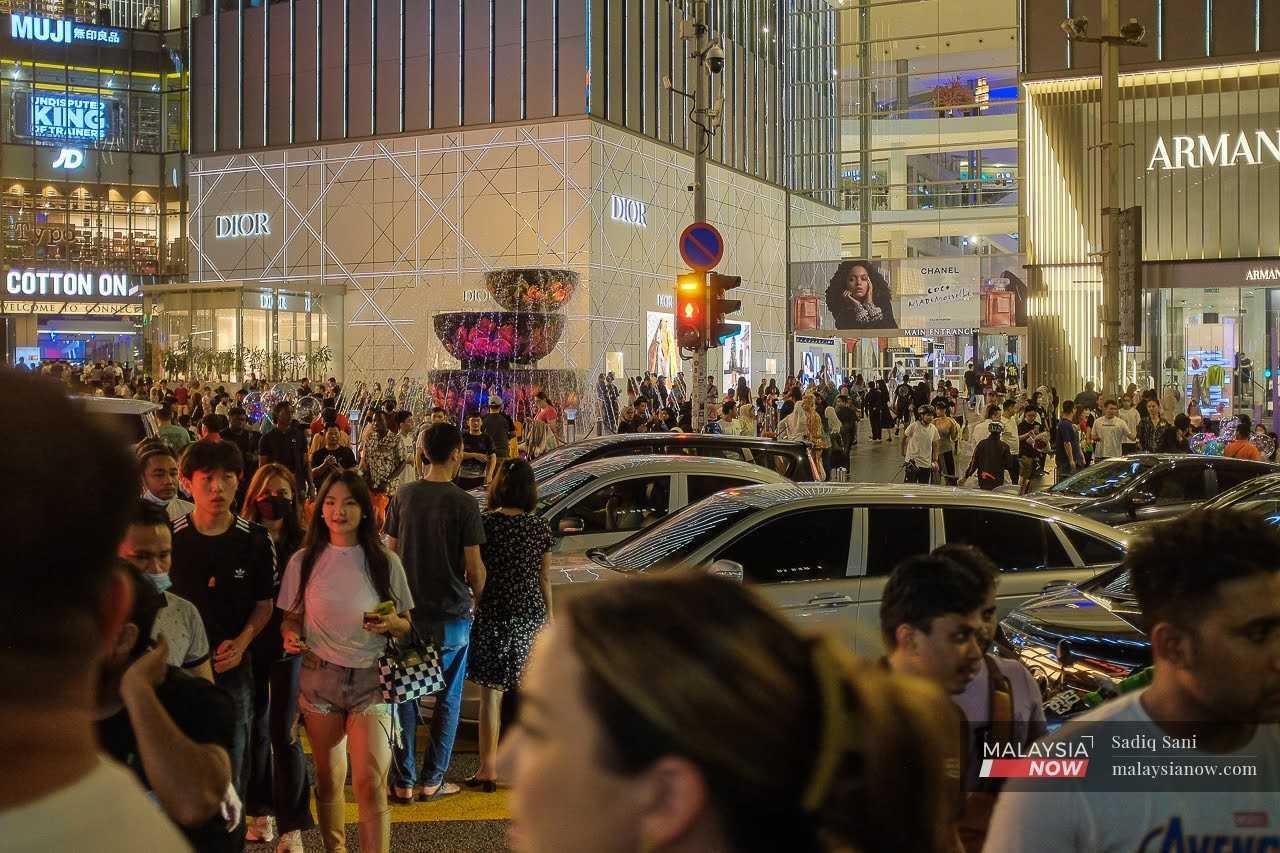Malaysian economy grew 2.9% in second quarter, slowest since 2021
Economists say the government's target of achieving 4-5% growth this year appears increasingly unlikely.
Just In
Malaysia's economy grew by 2.9% in the second quarter of this year, the lowest in almost two years, according to the latest government statistics.
The weak performance has been attributed to lower exports and a global slowdown.
The growth was the slowest since the third quarter of 2021, when the economy contracted by 4.2% during the height of the Covid-19 crisis.
It was also behind a forecast by Reuters of a growth of 3.3% in the April to June period.
Reuters quoted economists today as saying that the government's target of reaching 4% to 5% growth would be hard to attain.
But Bank Negara Malaysia governor Abdul Rasheed Ghaffour said the economy remains on track to reach the target this year, citing the labour market's recovery, the implementation of projects, and tourism activities.
He also said the Madani Economy Framework, recently launched by Prime Minister Anwar Ibrahim, would drive growth by restructuring the Malaysian economy.
Meanwhile, the Department of Statistics' data released today also showed exports in July took a dip of 13.1% from the previous year, worse than the 11.3% drop forecast by economists.
Economist Mohd Afzanizam Abdul Rashid expects people to be cautious when spending, which will further slow down growth in the second half of the year.
Meanwhile, Alex Holmes, a senior economist at Oxford Economics, told Reuters that he did not think the government's 4 to 5% growth forecast was attainable.
"Domestic demand is set to struggle for momentum as weak exports flow through to business earnings and weigh on investment, hiring, and wage growth," Holmes said.
The gloomy picture came as the ringgit continues to be the worst-performing currency in the region, despite earlier claims that the change of government late last year would enhance its value due to perceived foreign investor confidence.
The ringgit has dropped more than 5% against the US dollar this year.
Subscribe to our newsletter
To be updated with all the latest news and analyses daily.
